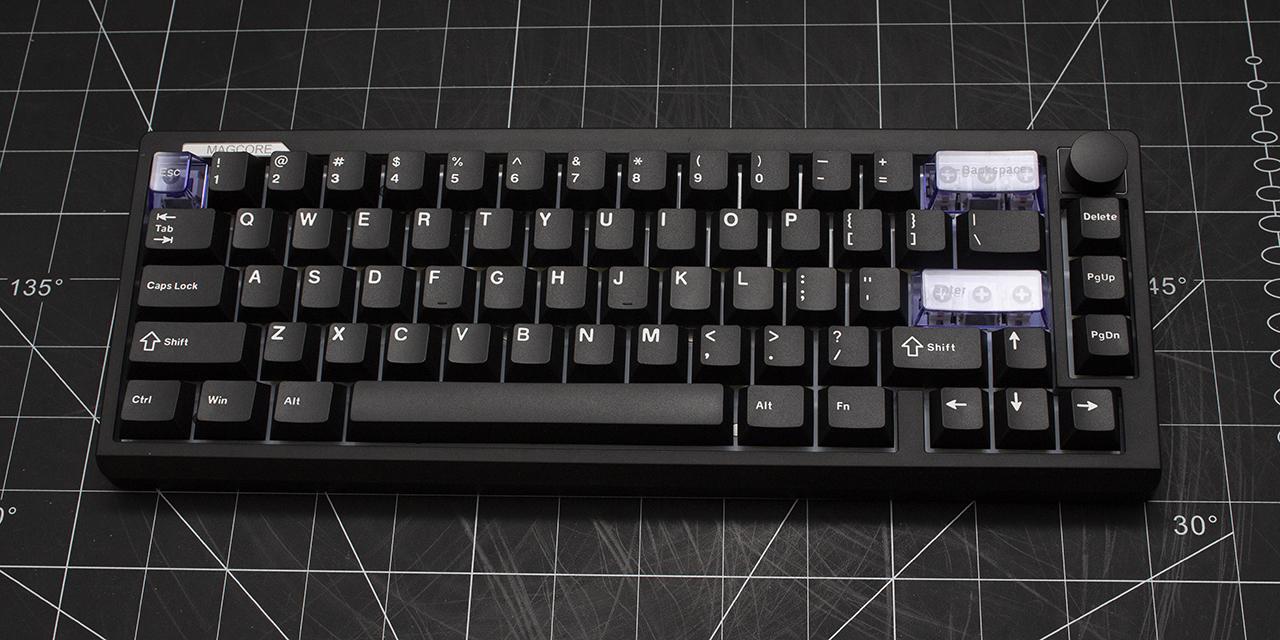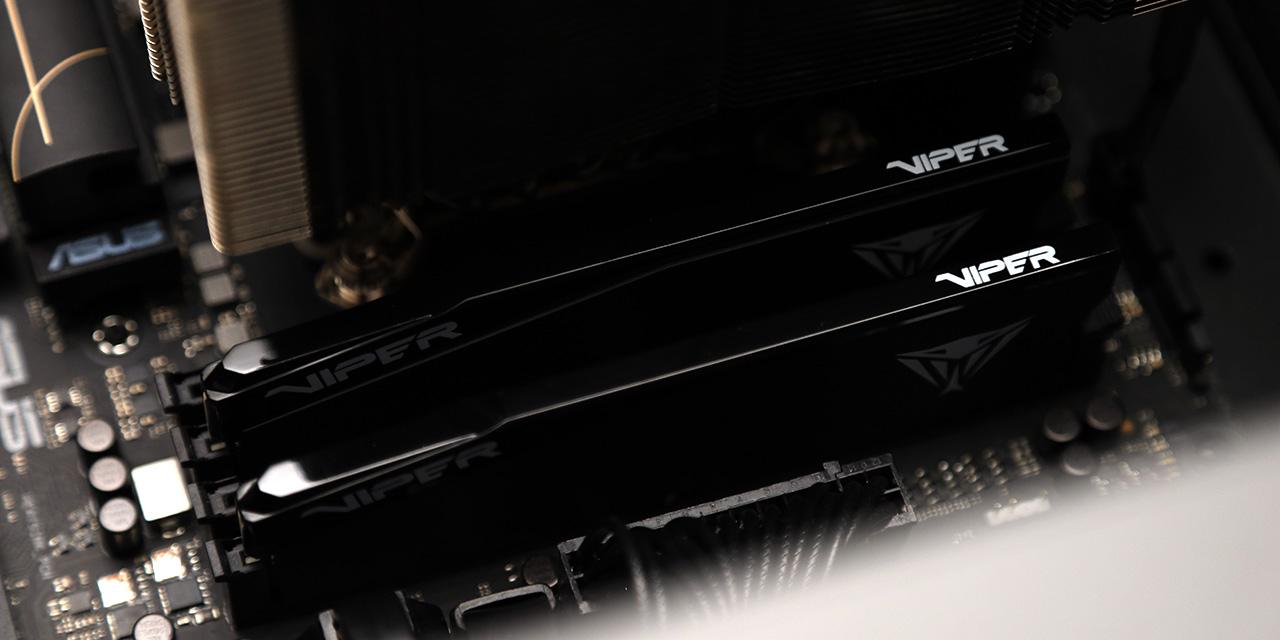|
From X-bit Labs: Microsoft Corp. does not have intentions to make its surface media and business tablets to be as inexpensive as slates with 7" screens, the company's chief executive said. Although devices like Google Nexus 7" cost two times less than market leader, Apple iPad, they are not as universal and generally provide lower quality of user experience. Unfortunately, Microsoft has not yet announced pricing of its Surface-branded tablets, which first flavour - designed for consumers - is due in late October, 2012. But the company points out that the "sweet-spot" pricing of modern PCs is between $300 and $800, which is about the cost of Apple iPad with different amounts of memory. Actual price of Microsoft service is to be disclosed, but it is already clear that Microsoft has no plans to compete against Amazon Kindle Fire or Google Nexus 7". "We have not announced pricing. I think we have a very competitive product from the features perspective. I think most people would tell you that the iPad is not a super-expensive device. (When) people offer cheaper, they do less. They look less good, they are chintzier, they are cheaper. If you say to somebody, would you use one of the 7" tablets, would somebody ever use a Kindle (Kindle Fire, $199) to do their homework? The answer is no; you never would. It is just not a good enough product. It does not mean you might not read a book on it... If you look at the bulk of the PC market, it would run between, say, probably $300 to about $700 or $800. That's the sweet spot," said Steve Ballmer, chief executive officer of Microsoft, in an interview with the Seattle Times news-paper. One of the reasons why Microsoft intends to release Surface is to set up a point of reference for Windows RT/8-based slates, something that hardware makers will have to look at and something that will be clearly competitive against products like Apple iPad in the eyes of the end-user. The particular problem for Acer is that it has so far failed to release a competitive media tablet powered either by Google Android or by Microsoft Windows. Therefore, the company has reasons to believe that a "standard" device from Microsoft will hurt its abilities to compete on the market of tablets in particular and will slowdown the adoption of Windows 8/RT platforms in general. Microsoft itself has admitted in a filing with the Securities and Exchange commission (SEC) that its forthcoming Surface media and productivity tablets will compete against third-party slate-type products that use Windows 8 operating system, which may lower the commitment of the company's partners to the platform. View: Article @ Source Site |
 |
Microsoft Not Looking Forward to Make Surface Tablets Cheap
© Since 2005 APH Networks Inc. All trademarks mentioned are the property of their respective owners.





